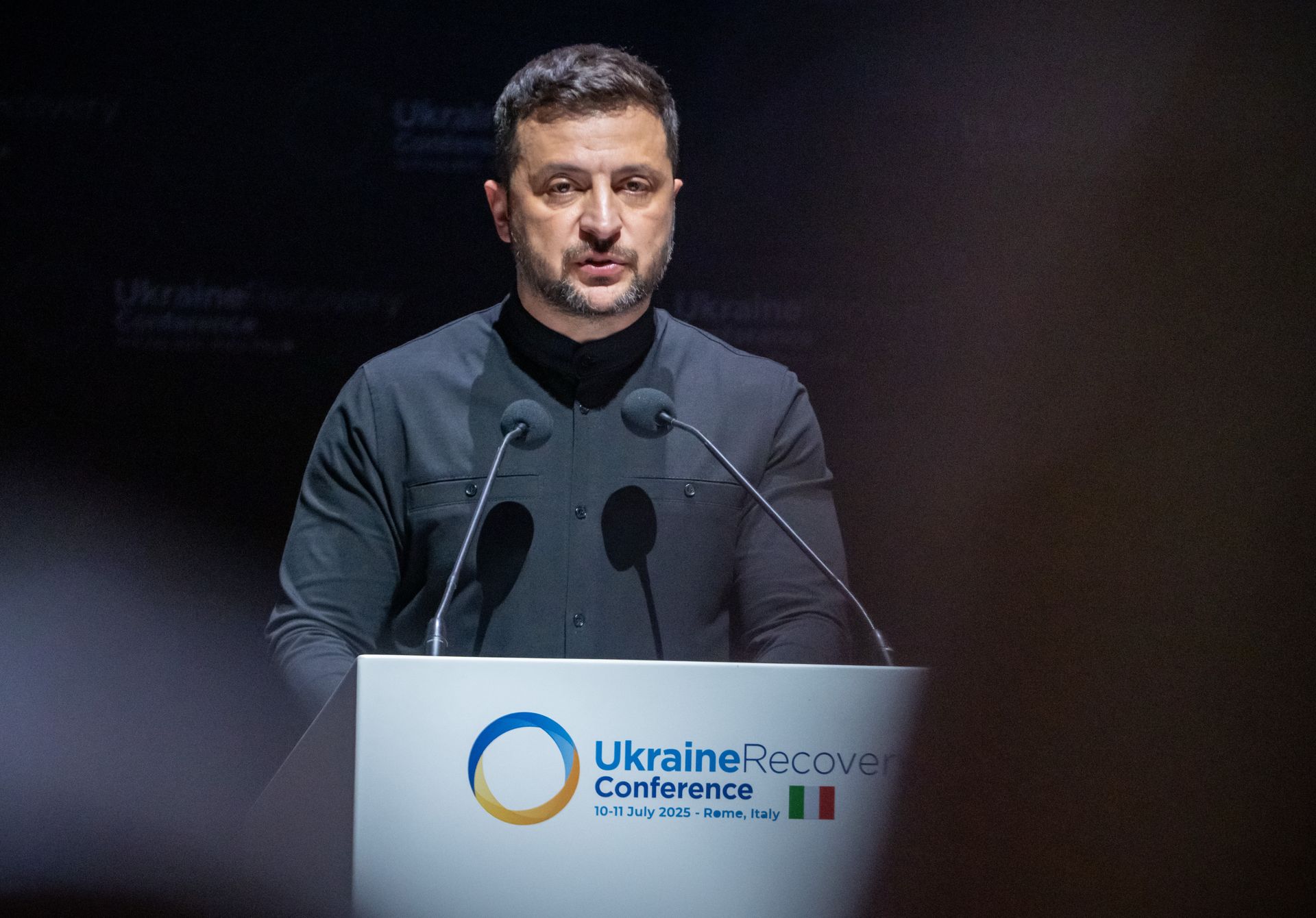Rubio, Lavrov meet in Malaysia in 2nd face-to-face meeting

Editor's note: The story was updated with U.S. Secretary of State Marco Rubio's comments.
U.S. Secretary of State Marco Rubio and Russian Foreign Minister Sergey Lavrov met in Kuala Lumpur, Malaysia, during the Association of South East Asian Nations (ASEAN) Summit on July 10, Reuters reported.
The bilateral meeting between Lavrov and Rubio occurred as the two-day Ukraine Recovery Conference kicked off in Rome.
The second face-to-face meeting between the two officials lasted approximately 50 minutes, during which they discussed the ongoing Russia-Ukraine war, along with the situation in Iran and Syria, according to Russia's Foreign Ministry.
Following the meeting with Lavrov, Rubio said the parties had "a frank and important conversation" about the war in Ukraine.
The U.S. diplomat nevertheless added that U.S. President Donald Trump is disappointed there has not been "more flexibility" on the Russian side over Ukraine, and the U.S. is frustrated that more progress has not been made.
According to Rubio, Washington is seeking a clear roadmap for how the war in Ukraine can be brought to an end, while the Trump administration continues to work with the Senate on shaping a potential sanctions bill against Russia.
When asked during a press conference about reports of a recent pause in U.S. military aid to Ukraine, Rubio said the situation had been "mischaracterized." He added that assistance to Kyiv is proceeding according to the established schedule.
"It was a pause pending review on a handful of specific type munitions... It was a very limited review of certain types of munitions to ensure that we (the U.S.) have sufficient stockpiles," Rubio said.
"Generally speaking, aid to Ukraine continues along the schedule that Congress appropriated."
On July 2, the Pentagon announced a pause in deliveries of key military aid to Kyiv, including Patriot interceptors and precision-guided munitions.
Trump later denied involvement in the decision and expressed frustration with Russian President Vladimir Putin for failing to pursue a ceasefire. As of July 10, shipments of at least some weapons to Ukraine have been reportedly resumed.
The meeting between Rubio and Lavrov came in the wake of Trump's sharp criticism of Moscow's refusal to agree to a ceasefire or take meaningful steps toward ending the war. Meanwhile, Russian attacks on Ukraine escalated dramatically, with a record 728 drones launched against Ukrainian cities on July 9.
Despite two rounds of face-to-face talks between Moscow and Kyiv in May and June in Istanbul, no agreement on a ceasefire has been reached. The negotiations have only resulted in prisoner exchanges, as Moscow continues to push for maximalist demands in peace talks.
While Trump has said he wants to help Ukraine end the war, his administration has not imposed new sanctions on Russia since taking office and has not approved additional aid packages.
The U.S. president has instead directed strikes against Iran, targeting three nuclear facilities in June in response to regional escalations, a move critics say contrasts with his cautious approach toward Moscow.













